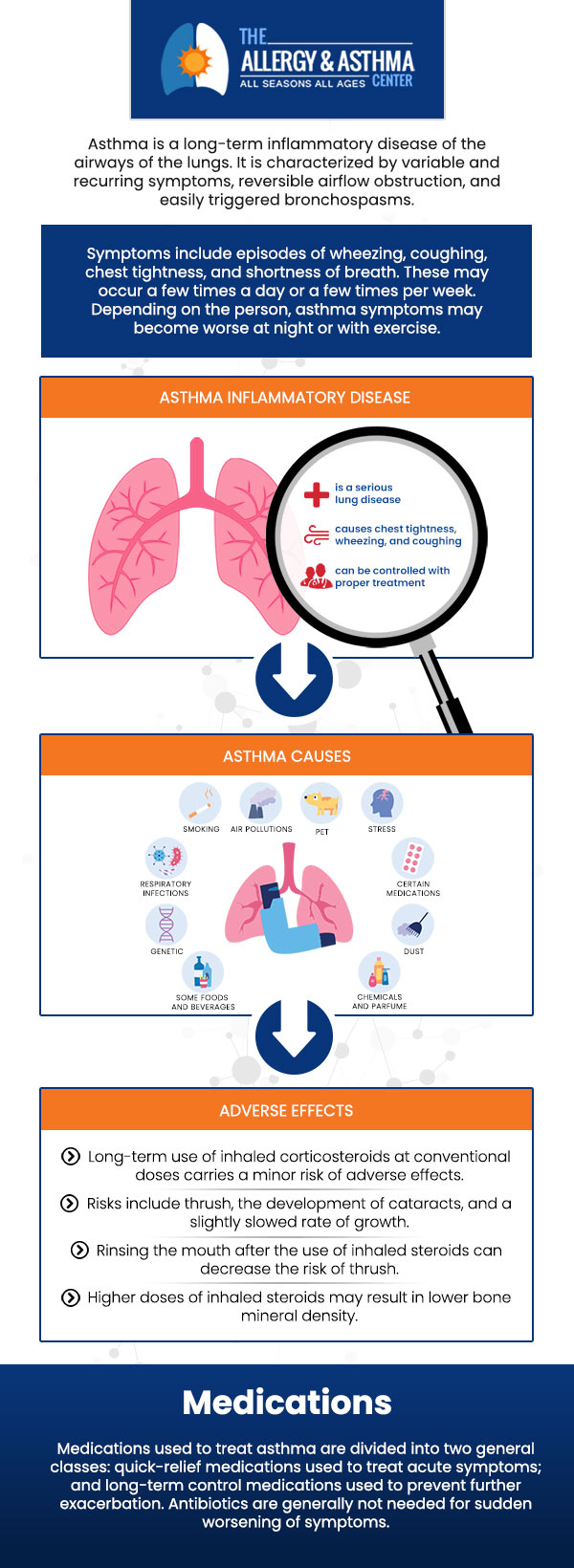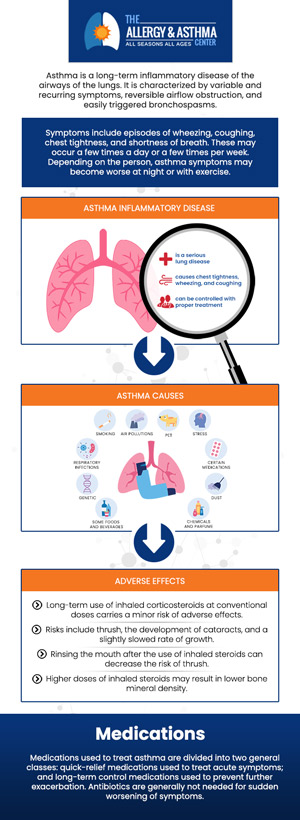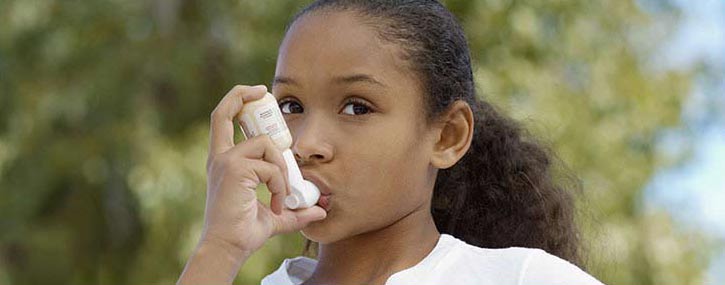Asthma Doctor for Children Questions and Answers
Does your child have asthma? Dr. Jon E. Stahlman, MD, and our team of healthcare professionals at the Allergy & Asthma Center are here to help you breathe better and live better. For more information, contact us or book an appointment online. We have convenient locations to serve you in Lawrenceville GA, Atlanta GA, and Conyers, GA.




Table of Contents:
How do they test a child for asthma?
What is the root cause of asthma in children?
How do you manage asthma in children?
In children, it can be hard to diagnose asthma. The child’s doctor will want to hear about the symptoms the child is experiencing, when they seem to come on, what makes them worse, how long they last, and any other information you or your child can provide. They will also want to know about your child’s medical history and if there is any history in the family of asthma, particularly if a blood relative has the condition. There are other conditions that are found in children that have very similar symptoms to asthma and can also coincide with asthma in a child. For the doctor, it can be difficult to determine if the symptoms a child is experiencing are the symptoms of asthma, symptoms of a different condition, or symptoms of both asthma and one of the other conditions.
To help diagnose asthma in children, doctors can use one of two tests – lung function test, called spirometry, or an exhaled nitric oxide test. These tests however are not accurate for children under the age of 5, so the doctor will need to make a diagnosis based on the symptoms described by you and your child. Spirometry is used to measure the amount of air that the child can exhale out and how quickly they can do it. Spirometry can also be used to test the lungs when exposed to certain conditions that can provoke asthma symptoms, such as cold air and exercise. If those tests aren’t conclusive, and exhaled nitric oxide test can be used to measure the level of nitric oxide detected in a sample of your child’s exhaled breath.
Much like with adults, the root cause of asthma in children is unknown. There are several factors that are thought to be linked to the development of asthma in children, such as:
– An inherited likelihood of developing allergies.
– If parents or siblings have asthma.
– An infection in the airways that was contracted at a young age.
– Exposure to environmental irritants and pollutants such as smoke or smog.
Exposure to particular triggers can cause the airways and lungs to swell and increase the production of mucus due to increased sensitivity in the immune system. This reaction may be delayed, which can further complicate identifying the trigger. While triggers will vary from one child to the next, some common triggers include:
– The common cold or other viral infections.
– Exposure to air pollutants including smoke and pollution.
– Airborne allergies such as dust mites, pollen, pet dander and mold.
– Physical activity.
– Cold air or weather changes.
Occasionally asthma symptoms can appear without exposure to any obvious triggers.
With asthma treatment, the goal is to keep the symptoms under control so your child experiences minimal to no symptoms, no or very few asthma flare-ups, has no limitations on exercise and physical activity, only requires minimal use of quick-relief inhalers and has little to no side effects from their medications. Asthma management is a two-prong approach in order to prevent ongoing symptoms and treat asthma attacks that do occur. Long-term, preventative medications can be used on a daily basis to manage asthma, either in the form of an inhaler or oral medication, that will keep symptoms at bay.
A quick-relief inhaler is then kept on hand should an attack come on suddenly. These inhalers provide quick, short-term relief of symptoms in the event of an asthma attack by opening up the swollen airways. Doctors will want to closely monitor medication levels in children to ensure that the medications are providing adequate support and controlling symptoms. They will also want to monitor how often the quick-relief inhaler is being used to ensure it isn’t being used too frequently, as that can be a sign that the preventative medication needs adjusting.
If your child has asthma, then we strongly encourage you to contact Dr. Jon E. Stahlman, MD, and our team of healthcare professionals at the Allergy & Asthma Center. We test, diagnose and help offer treatments to help all our patients breathe and live better. For more information, please contact us. We serve patients from Lawrenceville GA, Atlanta GA, Conyers GA, Suwanee GA, Duluth GA, Grayson GA, Decatur GA, Brookhaven GA, Lithonia GA and Covington GA.

Additional Allergy & Asthma Services
▸ Allergy Shots
▸ Allergy Testing
▸ Asthma
▸ Bronchodilators
▸ Drug Allergy
▸ Food Allergy
▸ Insect Allergy
▸ Nasal/Sinus Allergies
▸ Pediatric Allergy
▸ Pediatric Asthma
▸ Skin Allergy
▸ Spring Allergies




